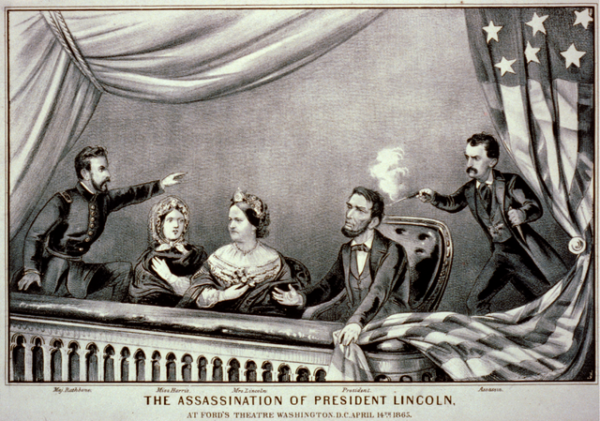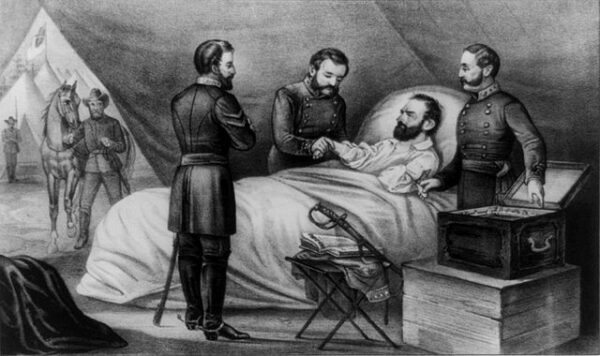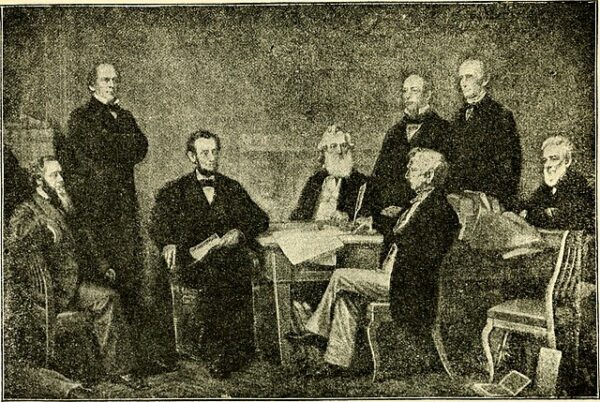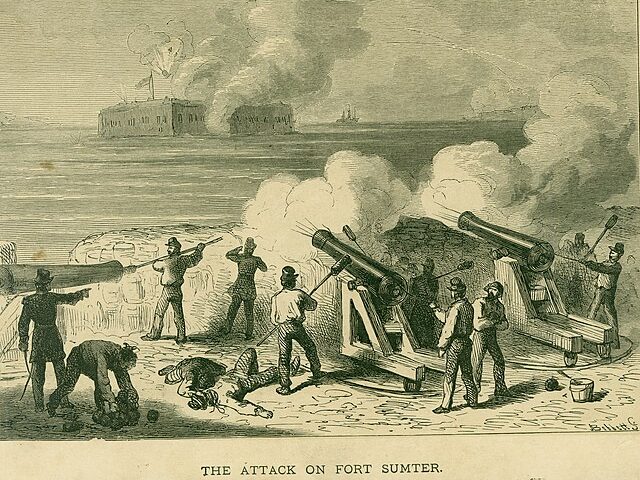On the fateful evening of April 14, 1865, President Abraham Lincoln attended a performance of the comedy play “Our American Cousin” at Ford’s Theatre in Washington, D.C. Little did he know that this seemingly ordinary night out would turn into one of the most tragic events in American history. As Lincoln sat in his private box enjoying the show, an assassin lurked in the shadows, waiting to change the course of the nation’s destiny.
John Wilkes Booth, a Confederate sympathizer and actor, had meticulously planned the assassination of Lincoln as part of a broader conspiracy to decapitate the Union government. Sneaking into the President’s box while the audience’s attention was focused on the stage, Booth approached Lincoln from behind and fired a single gunshot at point-blank range.
The bullet struck Lincoln in the back of the head, mortally wounding him. The President slumped forward, unconscious, as chaos erupted in the theater. Booth then leapt from the box onto the stage, shouting “Sic semper tyrannis!” (“Thus always to tyrants!”) before making his escape through a side door, disappearing into the night.
Meanwhile, Lincoln’s companions in the box, including his wife Mary Todd Lincoln and Major Henry Rathbone, were left stunned and horrified by the sudden attack. Medical assistance was quickly summoned, and Lincoln was carried across the street to a boardinghouse where he lay in a coma, surrounded by distraught officials and loved ones.
Despite the best efforts of the attending physicians, there was little that could be done to save Lincoln’s life. The bullet had lodged deep in his brain, causing irreparable damage. At 7:22 a.m. on April 15, 1865, Abraham Lincoln, the 16th President of the United States, succumbed to his injuries and passed away, forever altering the course of American history.
The nation was plunged into mourning as news of Lincoln’s assassination spread like wildfire. An outpouring of grief swept across the country as citizens grappled with the loss of their beloved leader. Tributes poured in from all corners, honoring Lincoln’s legacy as the Great Emancipator who had guided the nation through its darkest hour.






